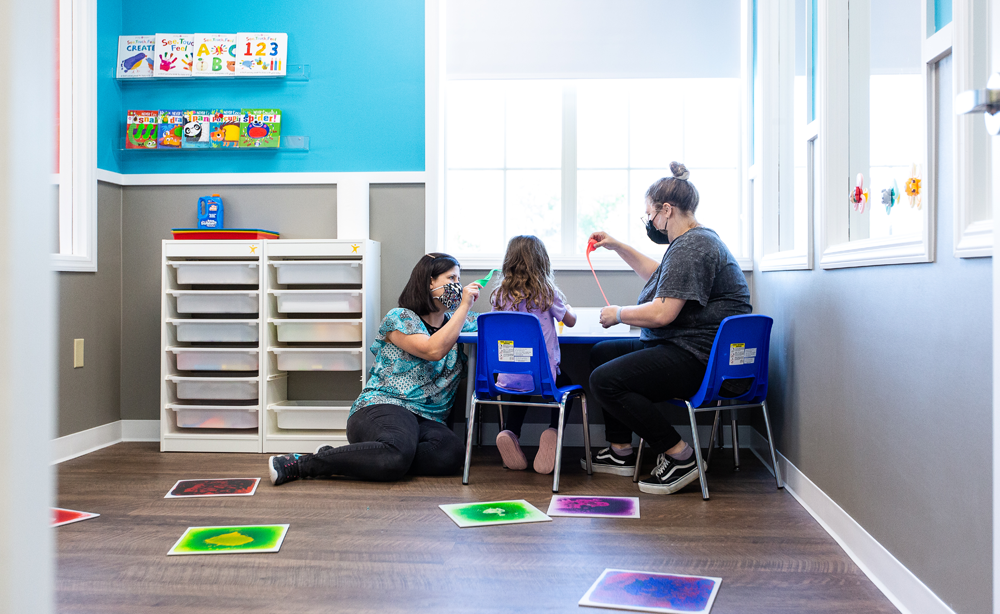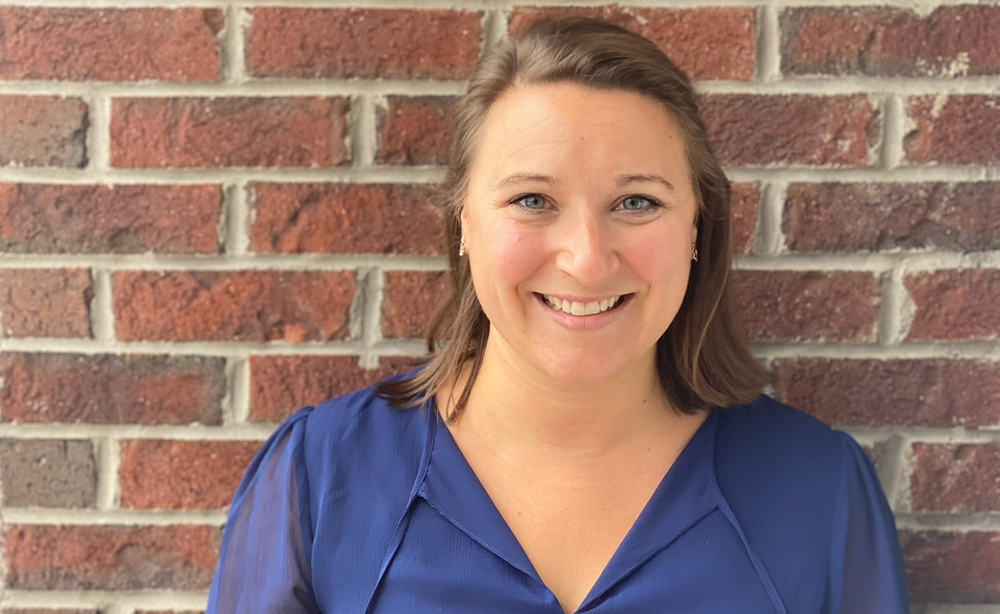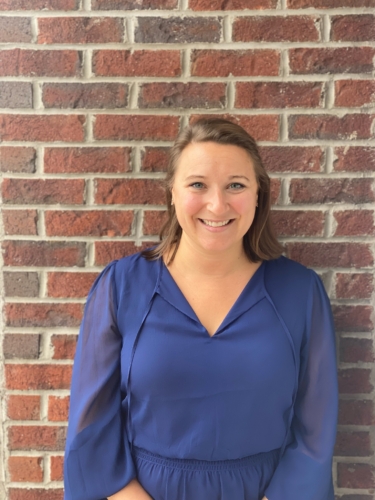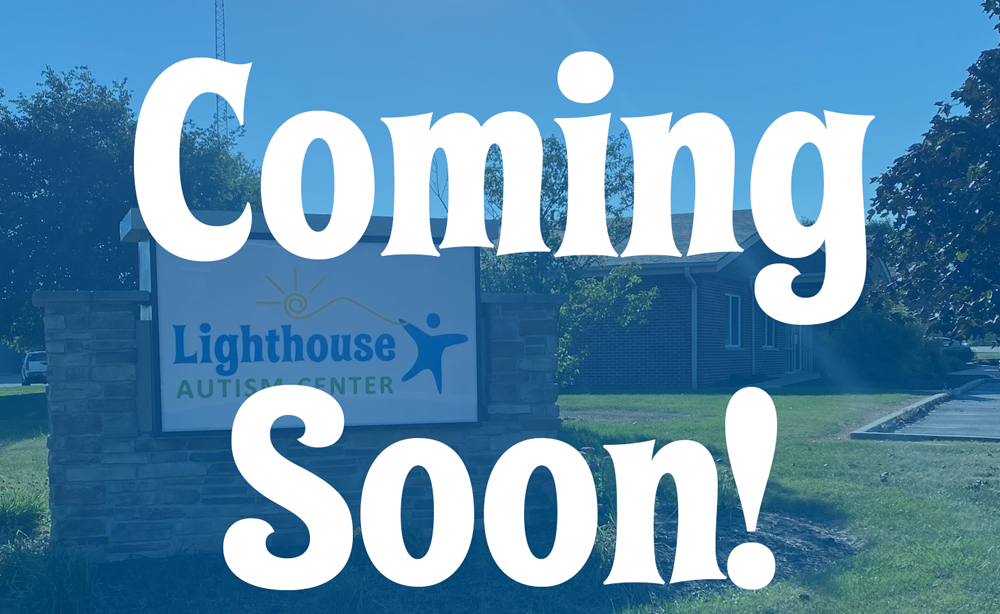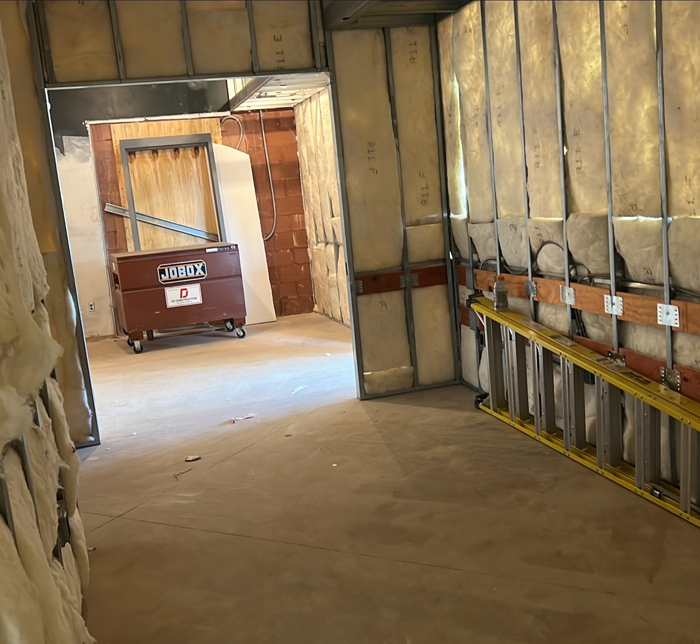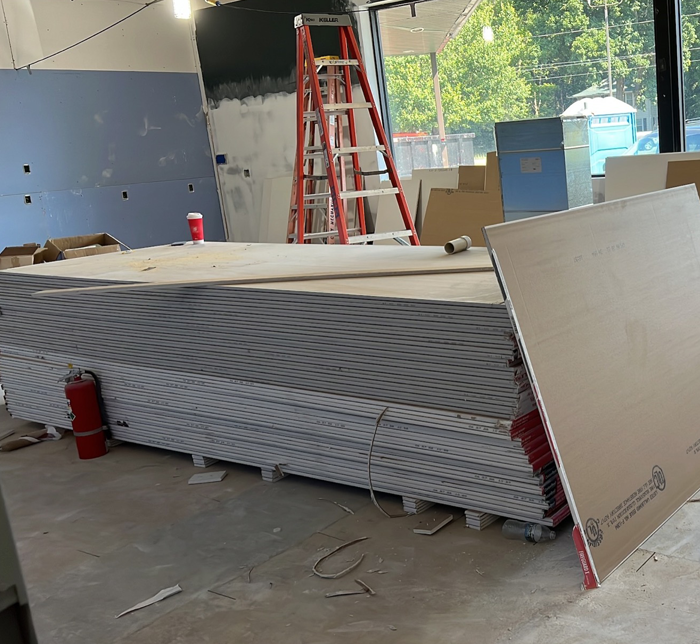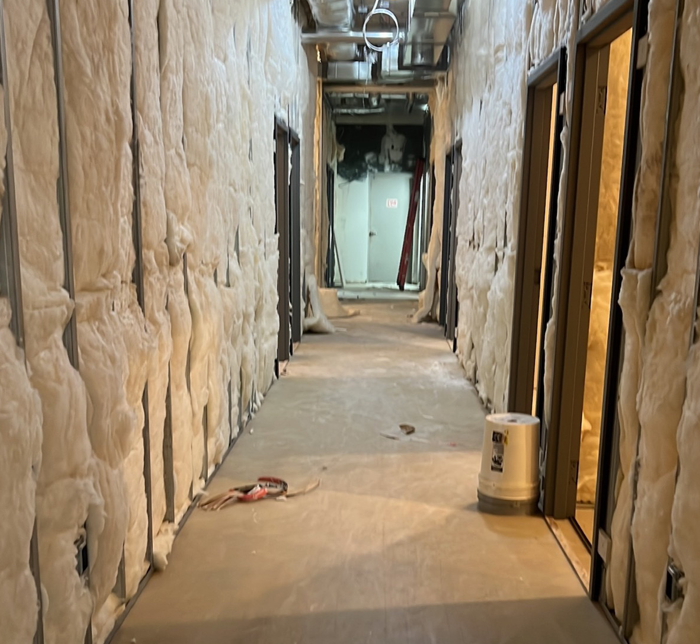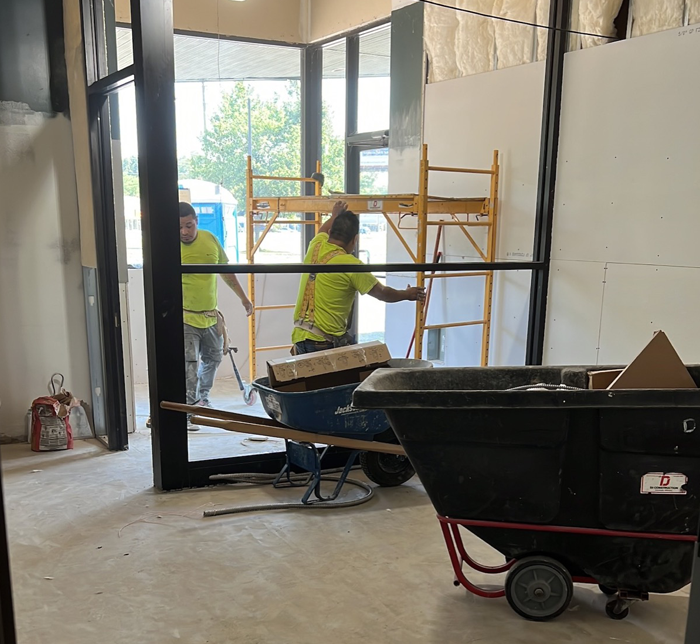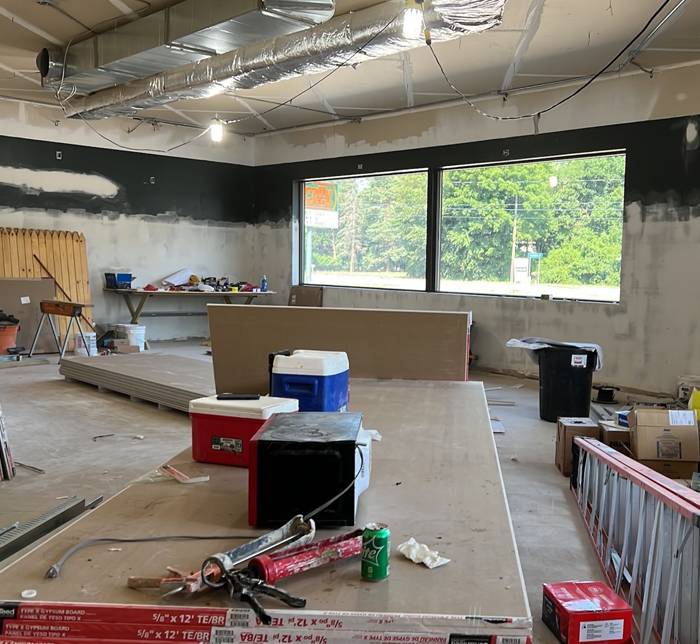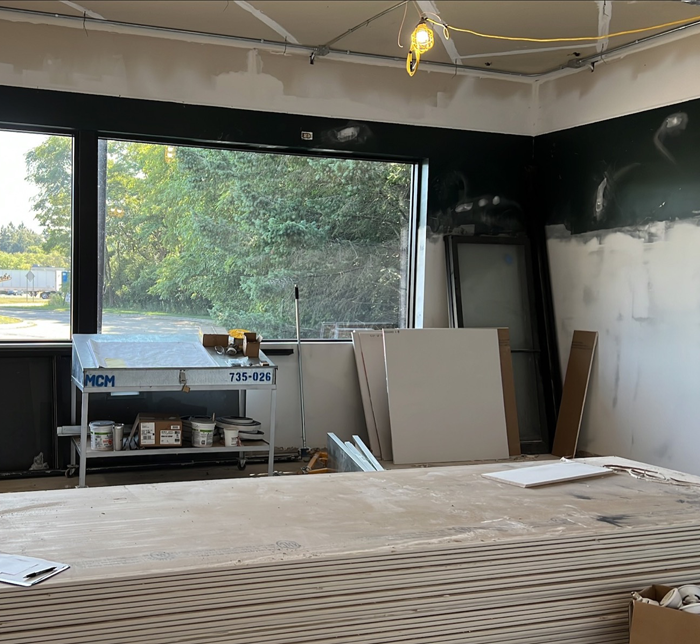What is Applied Behavior Analysis
Applied Behavior Analysis (ABA) therapy focuses on the principles and techniques of learning theory to help increase or decrease certain behaviors. ABA therapy is a scientifically validated approach to understanding learning and behavior by looking at the function of the behavior and the environment in which it occurs.
Anything a person does is considered a behavior: talking, eating, coloring, tying shoes, etc… ABA Therapy looks at a particular behavior, studies the purpose behind a behavior to understand in what circumstances that behavior occurs, then uses various techniques to change the behavior, teach a new behavior, or a more functional way of doing that behavior.
For children with autism, ABA therapy focuses on three main areas of development: developing new skills, shaping, and refining previously learned skills, and decreasing socially significant problem behavior.
Developing New Skills
ABA therapy is incredibly effective in helping children with autism gain new skills. For example, if a child’s parent and clinical team determine that a goal for a child is to learn to tie their shoes, this would take place over a period of time with several steps. The child may start with going and finding his/her own shoes. Once that is mastered, the child might find them and place them on their feet independently. Following that, the next step might be to cross the strings. This would continue until the child is independently completing all steps of the process. These steps will be different for every child, but the concept is the same, start at the beginning and give the child the building blocks to complete the new skill independently.
Shaping and Refining Previously Learned Skills
Shaping and refining previously learned skills can take many forms. For example, initially a child may engage someone by pulling a caregiver to an item he or she wants. This may be the only way the child may know how to get someone’s attention. With ABA, this communication skills can be shaped into a different and more effective way of communicating. For example, the BCBA might teach the child how to point to an item instead. They might build towards using a picture communication system, using vocal sounds, or an Augmentative Alternative Communication Device. The possibilities are endless! While this is just one example of shaping previously learned skills, in ABA therapy skills can be shaped in a variety of milestones including, play and independent living skills, just to name a few.
Decreasing Problem Behaviors
Some of the first signs a child may have autism may come in the form of socially significant problem behavior such as, intense tantrums, inappropriate behavior, flopping, etc.
For example, if a child typically has tantrums during lunch, ABA therapy could help in many ways. First, the clinicians would evaluate the environment in which that behavior is taking place. Does this only happen when the child is eating at home? Or when the child is eating at a restaurant? Perhaps it happens while eating in a lunchroom setting, but not at home or while eating at a restaurant. What can the environment in which that screaming is taking place tell us about the behavior?
Once the root cause of the behavior, whether environmental, or something else, is identified, the next step is giving the child the tools to appropriately communicate their wants, needs, or what they do not like about the environment. Perhaps they are upset because they see other peers eating something they want. Maybe the lunchroom feels too loud or overwhelming. Whatever it is, we help give that child the tools to be able to tolerate that environment and appropriately express themselves.


